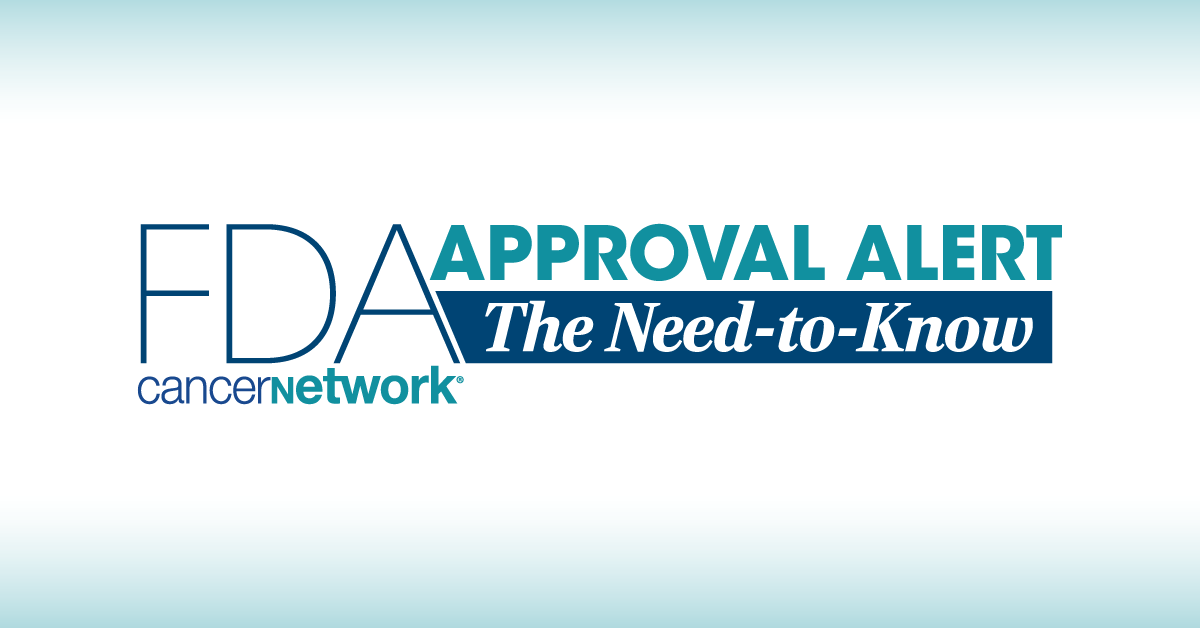FDA Approves Selumetinib in Pediatric Neurofibromatosis Type 1
The FDA approved selumetinib as treatment for pediatric neurofibromatosis type 1, expanding options for young patients with inoperable plexiform neurofibromas.
Based on a relative bioavailability study in healthy adults and exposure matching between the pediatric patient populations in the phase 2 SPRINT Stratum I study and the SPRINKLE study, selumetinib is now approved for this pediatric NF1-PN population.

The FDA has approved selumetinib (Koselugo) granules and capsules for the treatment of pediatric patients who are 1 or older with neurofibromatosis type 1 (NF1) and symptomatic, inoperable plexiform neurofibromas (NF1-PNs), according to a release from the FDA.1
Previously, in April 2020, selumetinib capsules were approved for the treatment of pediatric patients 2 years of age and older with NF1-PNs.2
The approval was based on adequate bridging between the oral granule and approved capsule formulations in a relative bioavailability study in healthy adults (Study 89) and exposure matching between the pediatric patient populations in the SPRINT phase 2 Stratum 1 study (NCT01362803) and the SPRINKLE study (NCT05309668).
Notably, the similar exposure between formulations supported the extrapolation of efficacy from pediatric patients 2 years and older to patients 1 year and older.
The recommended dose of selumetinib, based on body surface area, is 25 mg/m2 orally twice daily until disease progression or unacceptable toxicity.
The prescribing information for selumetinib warns about cardiomyopathy, ocular toxicity, gastrointestinal toxicity, and skin toxicity, among other things.
References
- FDA approves selumetinib for pediatric patients 1 year of age and older with neurofibromatosis type 1 with symptomatic, inoperable plexiform neurofibromas. FDA. September 10, 2025. Accessed September 10, 2025. https://tinyurl.com/5n7mrkzk
- FDA approves selumetinib for neurofibromatosis type 1 with symptomatic, inoperable plexiform neurofibromas. FDA. April 10, 2020. Accessed September 10, 2025. https://tinyurl.com/5cars48a